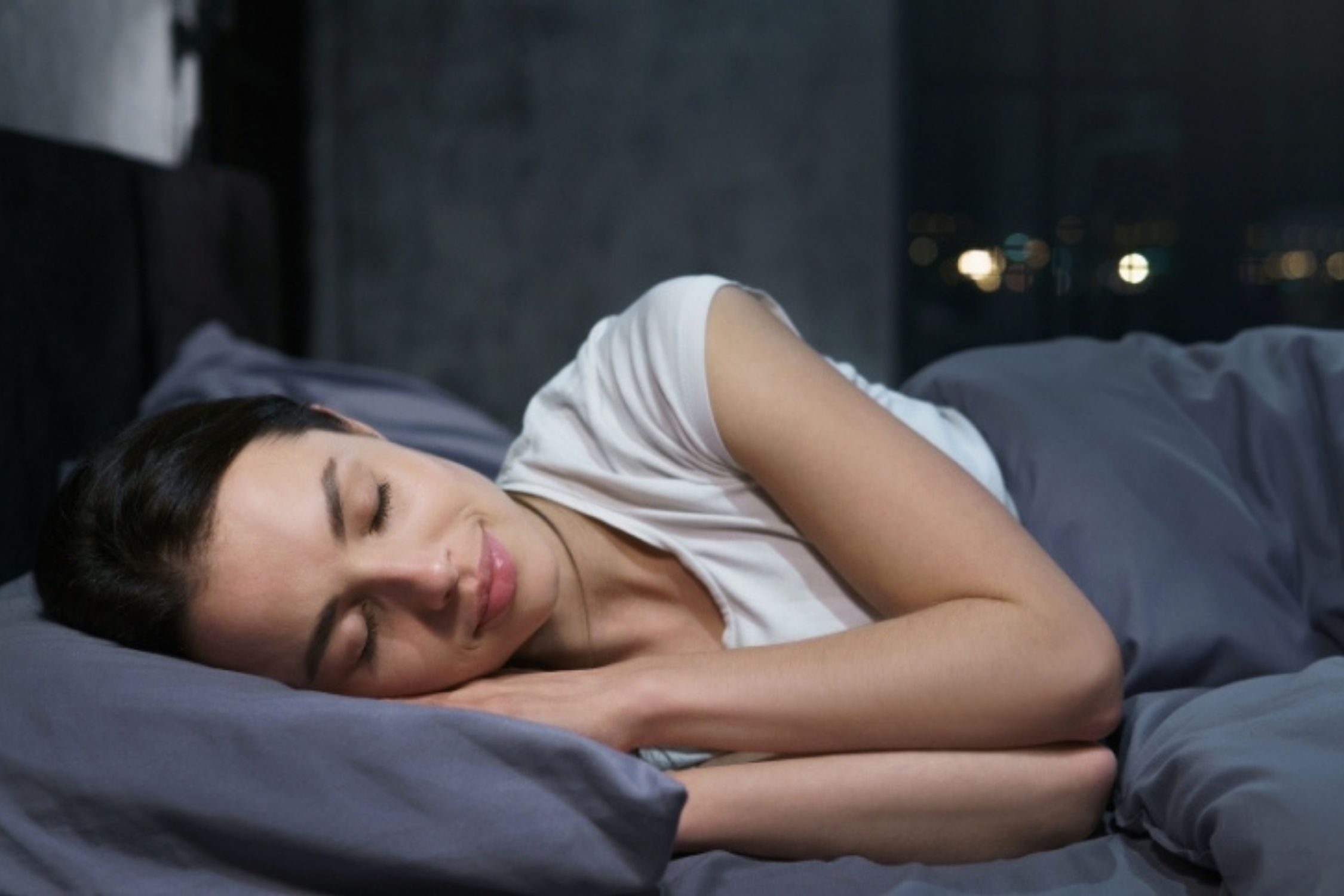5 Tips To Enjoy Better Sleep

CSL Mag
Tip 1: Light Dinner at Least Two Hours Before Sleep
Our body has its own schedule following a circadian rhythm. It means that it has its own time to sleep, wake up and get food. When you eat too late or at an unexpected time, your body gets confused because you’re supposed to sleep. Feeding your body at the wrong time confuses the liver and digestive organs which can lead to more fat storage and weight gain. Therefore, it is a good practice to eat the last meal of the day at least two hours before sleeping.
Heavy meals, desserts and junk food are not the best choices because it takes a long time to digest your food and you may end up going to sleep on a full stomach. Besides weight gain, there is another impact of sleeping on a full stomach; when you fall asleep with undigested food, the stomach uses a lot of acidic content trying to break it down. If your stomach has a hard time digesting the food, it can come back together with acid through the esophagus which is a condition known as acid reflux. A combination of vegetables, high quality protein and whole grains is a very good and easily digested dinner.
Tip 2: Magnesium Glycinate
Magnesium is a magical mineral. It helps the body to maintain healthy heart, brain and muscles. There are several forms of magnesium, but the one we are searching for in order to improve sleep is the magnesium glycinate, which is magnesium bound to glycine. It has calming effect on the brain, helps to relieve anxiety and promote better sleep.
It is beneficial to consume magnesium in its natural form. We can find magnesium in dark green, leafy vegetables, avocados, legumes, nuts, seeds, seaweed, whole grains, fatty fish, dark chocolate and bananas. If you do not notice any improvement, you can try a magnesium glycinate supplement. The best way is to take 100 or 200 mg thirty minutes before going to bed.
Tip 3: Blue Light Blocking Glasses
As the day’s natural light turns into darkness, the body will release the sleep hormone melatonin that induces drowsiness. The brain has a natural capability to differentiate between natural and artificial light.
However, being exposed to so many screen lights at home may confuse our brain to the point that we may have trouble falling asleep or even suffer from long-term insomnia. Electronic devices that emit blue light reduce or delay the production of melatonin in the evening so even when we are exhausted, we do not feel sleepy. The ideal would be to turn off all the devices two hours before bed, but if you find it difficult, blue light blocking glasses may help. They contain filters in their lenses that partially block or absorb blue light.
Your exposure to blue waves is reduced and you should be able to fall asleep easier and quicker. It is a very good evening practice, however, it is recommended to use them also during the day if you spend many hours on your computer at work.
Tip 4: Yoga Nidra
Yoga Nidra, also called yogic sleep, is a meditation which aims to create a total physical, mental and emotional relaxation. It is a restorative and restful type of yoga, and it has been proved as a help with insomnia, anxiety, high stress levels, PTSD and more. Yoga Nidra induces the state between being asleep and awake. You are still conscious of your body but your mind fully rests.
Because of its powerful effects, you can actually fall asleep while practising Yoga Nidra which is totally okay if this is what you need in actual moment. There are many resources to help you start a Yoga Nidra practice. One idea is to search for a yoga studio that offers online sessions. Another way is to search for YouTube channels dedicated to yoga or download an application for meditations including Yoga Nidra. Whichever way you choose, it is a very powerful and natural way how to improve your sleep and give your body and mind the rest they require.
Tip 5: Exercise
We cannot forget the exercise as a general path that leads to better quality of physical and mental health, including better sleeping habits. Morning exercise slightly raise the body temperature. Later in the day, when it drops back to its normal range, it can trigger feelings of sleepiness. Even more efficient way is to exercise outdoors where you can absorb natural sunlight in the daytime hours.
Opinions on what is the best time to exercise and for how long, is not united. It depends on the individual and it is important to listen to the body. Some people benefit from exercising before bed but in others it triggers alertness. The best is to try exercise at different times of the day, observe your body and quality of your sleep and then build your own exercise-to-better-sleep routine.
Let us know if you find our tips helpful and share with us your best ways to enjoy better sleep.


